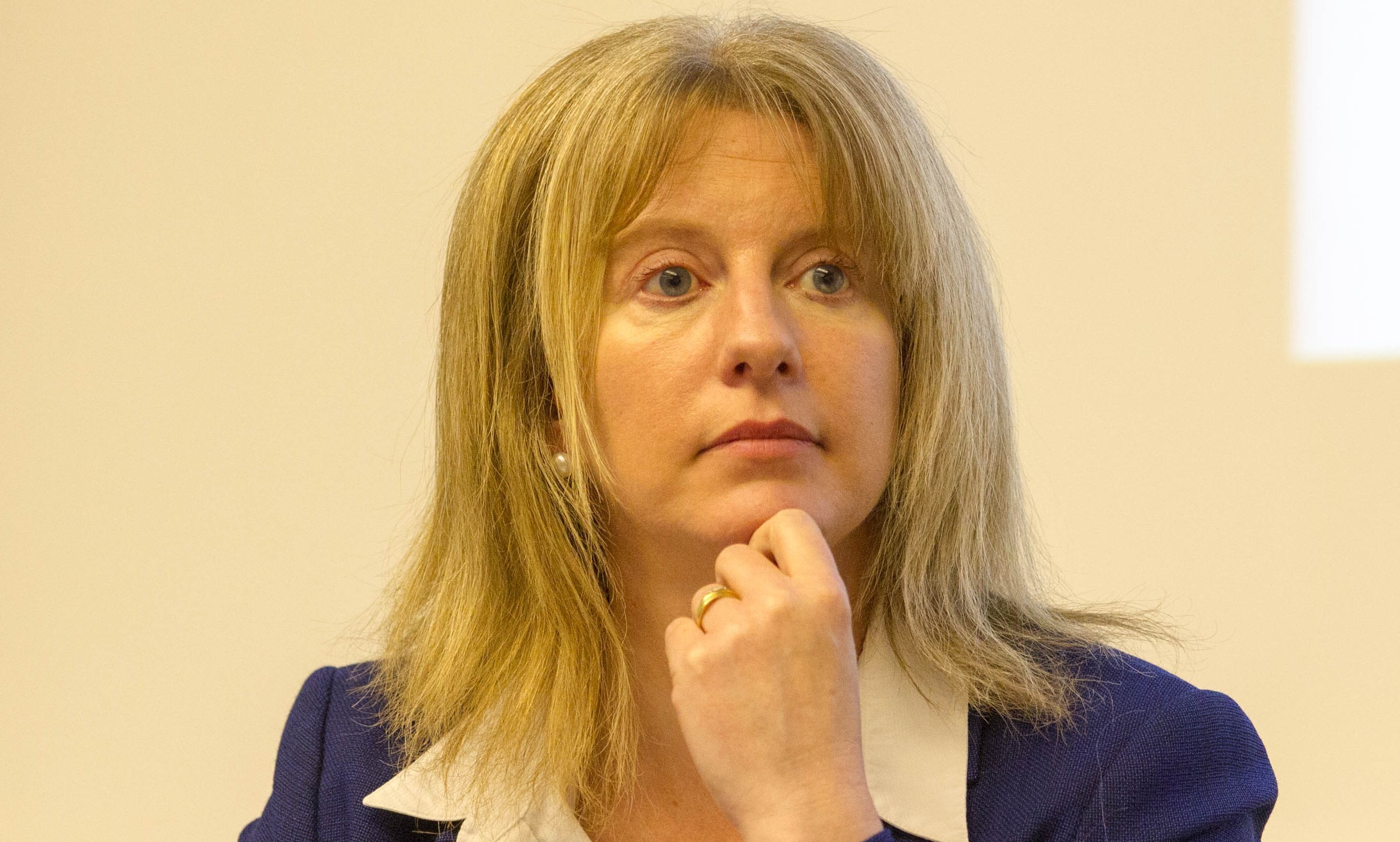Thousands of patients are being diagnosed with cancer in Tayside and Fife every year, amid calls for Scottish ministers to do more to “stem the rising tide”.
The number of people told they have the disease in the area has increased by 16% over the last decade, according to official new figures.
Health Secretary Shona Robison has pointed to a drop in diagnosis rates over the past year as evidence that progress is being made.
But Cancer Research UK says it is “worrying” so many people continue to suffer when several types of cancer are preventable.
Gregor McNie, from the Scottish arm of the charity, said being overweight and obese is linked to 13 types of cancer, including breast, bowel and kidney.
“It is a huge concern that it is now more common for adults in Scotland to be overweight or obese than a healthy weight,” he added.
“This is why the Scottish Government can and must do more by introducing a new obesity strategy which includes tackling the barrage of supermarket multi-buy offers on junk food.”
In Tayside 2,535 people were told they have cancer last year, compared with 2,146 in 2005, according to Scottish Government figures out yesterday.
That compares with 2,138 in 2015 and 1,877 a decade earlier in Fife.
Across the region, it has increased by 16% over the 10 years, compared with a 13% increase nationally.
Shona Robison said they launched the £100m cancer strategy to “improve the prevention, detection, diagnosis, treatment and aftercare of those affected by the disease”.
“As elsewhere, the number of people living with cancer is increasing, largely due to our ageing population,” she said.
“However, more people are also living longer following a cancer diagnosis. We are improving our ability to detect cancer and to treat it successfully but we can always do more.”
Professor Scott McLean, from NHS Fife, said the health board’s performance is above the national average.
“Advances in medical science and increased education around the importance of lifestyle choices, particularly diet and exercise, means growing numbers of people are living longer lives,” he said.
“Whilst this is undoubtedly positive, one of the unfortunate by-products of longer life is that people become at increased risk of diseases such as cancer.”
An NHS Tayside spokeswoman said improve diagnosis and detection is another reason for the rise.
On preventative measures, she added: “Smoking, high alcohol consumption, obesity and having a poor diet can increase a person’s risk of cancer.”
